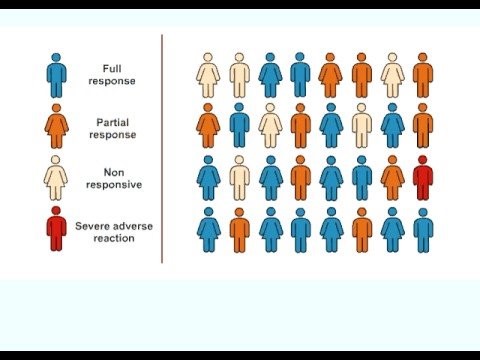Division of Molecular Biology & Human Genetics
Tuberculosis Host GeneticsResearch
Pharmacogenetics
 In medicine it is well known that few medications are equally effective in all patients. Individuals vary in their response to the same medication, and often their response is an adverse reaction to the medication which can become life-threatening. Pharmacogenetics studies the genetic basis for this inter-individual variation and how it determines the individual's response to medication. This research field therefore plays a decisive role in improving the safety and efficacy of drug treatments. The aim of Pharmacogenetics is therefore, to develop “personalised” medical treatments, or the”right medication, for the right patient, at the right dose”.
In medicine it is well known that few medications are equally effective in all patients. Individuals vary in their response to the same medication, and often their response is an adverse reaction to the medication which can become life-threatening. Pharmacogenetics studies the genetic basis for this inter-individual variation and how it determines the individual's response to medication. This research field therefore plays a decisive role in improving the safety and efficacy of drug treatments. The aim of Pharmacogenetics is therefore, to develop “personalised” medical treatments, or the”right medication, for the right patient, at the right dose”.
The arylamine N-acetyltransferases (NAT) are one of the earliest drug-metabolising enzymes (DMEs) studied that exhibited a variation in the N-acetylation of drugs in the liver. The NATs are responsible for the inactivation of a number important therapeutics, including para-amino-salicylate (PAS), and isoniazid (INH), used in the treatment of tuberculosis (TB). Specific variants of the NAT genes are possessed by different individuals and/or populations, and subsequently, these variants can impair the efficacy of the anti-TB drug treatment regimens via the altered metabolism of these drugs. Several of these genetic variations that cause the altered enzyme activities, have been well characterised, particularly in the case of the NAT2 enzyme, which inactivates INH. However, there are numerous others, in both NAT enzymes, whose effect on the metabolism of drugs such as PAS, is as yet unknown. Currently our research group is investigating the factors contributing to the very high incidence of TB in South Africa, and a significant part of our research focusses on elucidating the contribution of the NAT enzymes to this high disease incidence.

